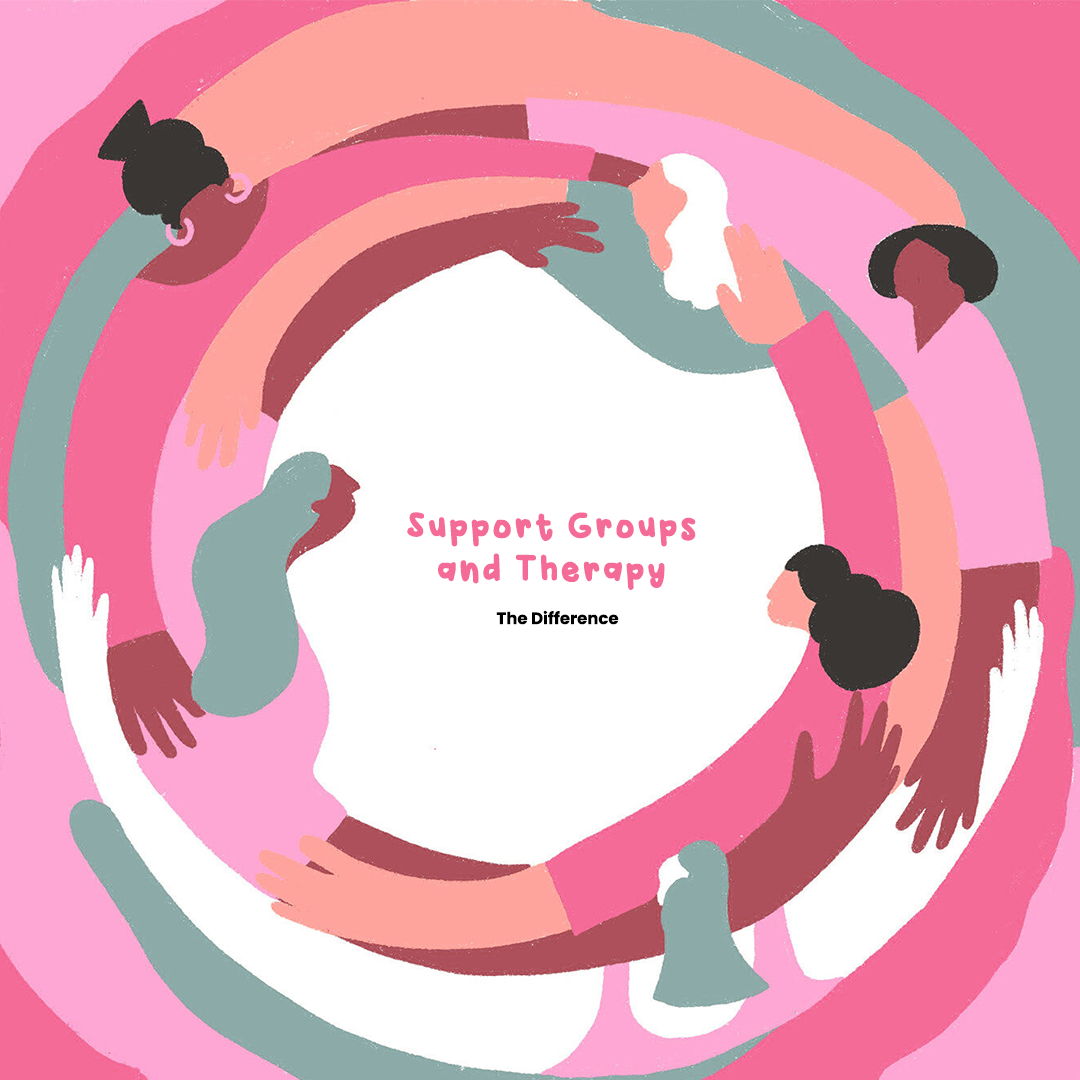I’m going to start off by clarifying that all the observations I make in this blog are from my personal experience. We are all beautifully unique in the way we perceive the world and thus it’s difficult to generalise the impact different kinds of mental health aids will have on us.
When I first started going for therapy, it was an almost out of the blue decision. No one in my immediate circle had gone and nor were my family open to the idea of it. However, there were somethings I knew I needed to work on for myself and there was a distinct point when I realised that I needed help.
The process for me was just going online, searching for therapists that had offices close to where I lived. The key points in my head while selecting the therapist were: affordability, geographical proximity and flexible timings. I called a centre that matched my requirements, filled a form and then suddenly within the span of 3 days, I found myself sitting in this office with this strange lady and pouring my heart out.
Now, I had friends who study psychology, exposure to TV shows and all forms of media that talk about how this experience is, but I found myself feeling a bit confused in the early days. You see, I found myself struggling with figuring out the how this entire interaction with my therapist would work. What was I supposed to do, say or behave like? How was I to be sure the session were working for me? And a plethora of other such questions that crowded my head a little.
Over time of course, I slowly built a trusting relationship with my therapist and even found people in my class who had also been going for therapy. I’ve now been going for therapy for almost two years and I can see the growth in myself. It’s been slow and steady, but there is a definite growth that I am proud of.
However, the one thing I personally feel about this experience is, it’s very individual in nature. My therapist and I are a team in many ways but there are aspects of it that feel isolated from the rest of the world. I can distinctly recall times when I felt a bit lonely, as though I was the only person going through what I was going through. As though, I was a bit weird or different from those around me.
It’s this feeling that completely vanished when I attended a support group last April. Once again, I had no idea what to expect. I signed this form online on instagram on a whim and found myself sitting in on an online group video call. In terms of the experience of it, I’ve talked about it in some depth in my previous blog post.
The most amazing thing about it was this feeling of realising that I’m genuinely not the only one feeling the way I was feeling. I let out a breath fo relief, not realising that I’d been holding in this worry about being alone in my struggle all this while. I could hear from people who’d had similar experiences as me and had grown from it. So hope for a better tomorrow felt possible. I spoke with others who were at the exact stage that I was in, and realised that I will be okay and that we’re all a bit weird, idiosyncratic and unusual.
Would I say that Support Groups can replace Therapy? Maybe not (at least not for me personally). However, what has worked really well for me is a blend of both. Growing and healing as an individual while being supported by a community has been a tremendous experience. One that I would highly recommend.
In a case wherein you’re not yet sure about taking the step to reach out to a therapist. Or feel as though you need some preemptive help, Support groups work as a great place to understand yourself a bit better and normalise getting support for yourself.

